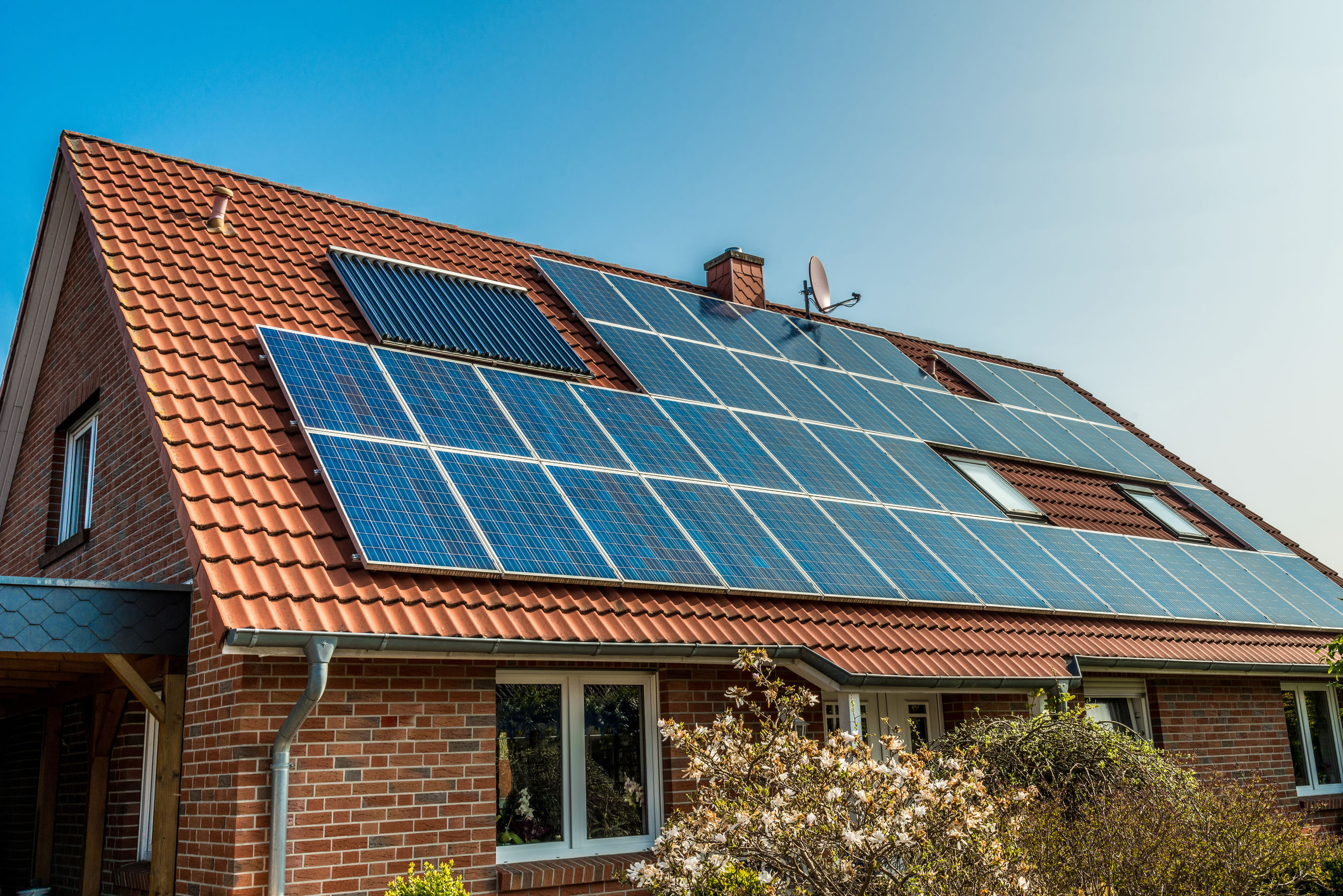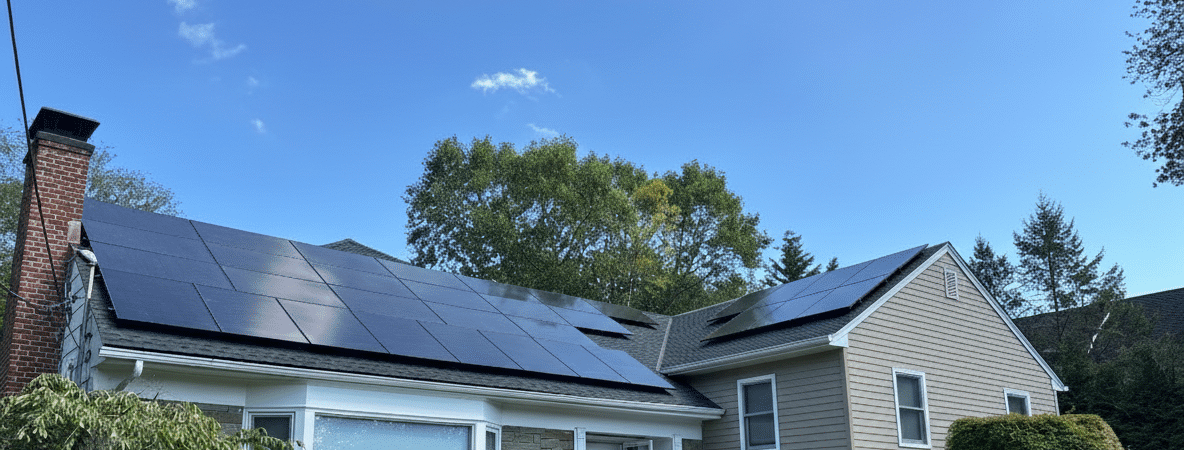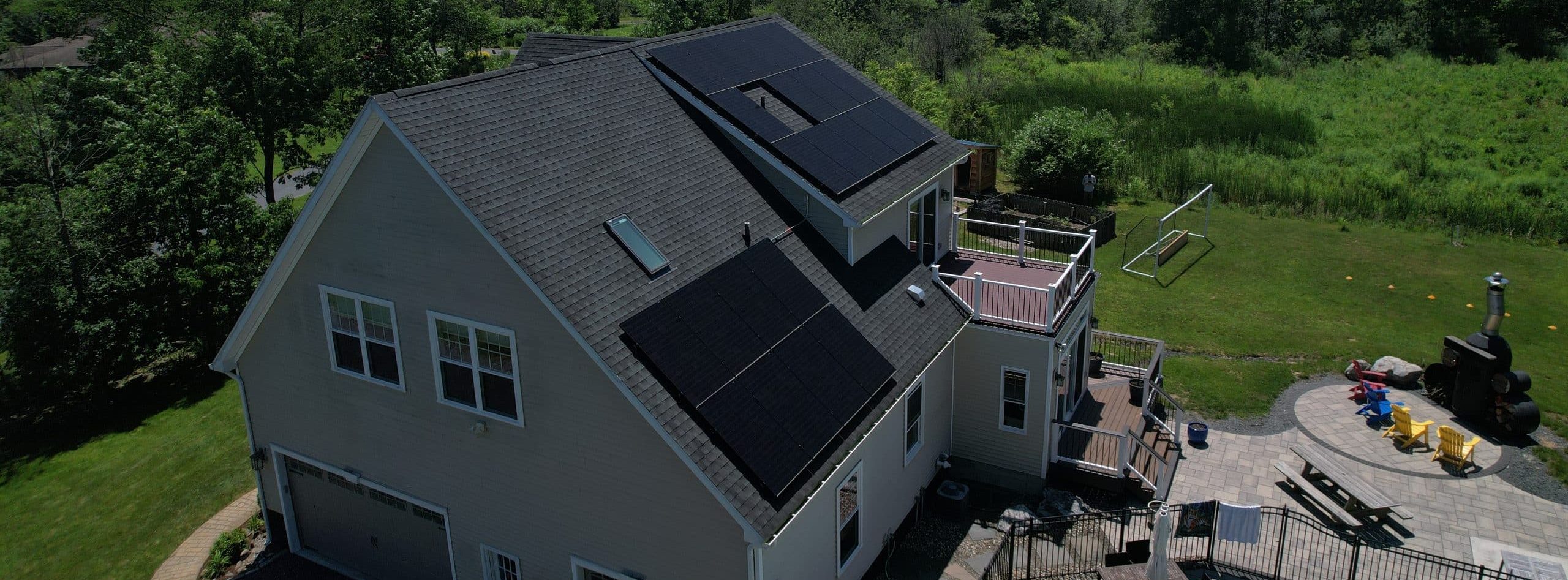Many NJ residents are interested in the potential incentives provided through solar panel installation. On top of providing a sustainable power source, different incentives can save homeowners significantly on energy expenses. Luckily, there are a number of New Jersey solar rebates, incentives, and tax credits available to residents. Remaining aware of the different incentive types guarantees you save as much as possible on energy consumption. Read on to learn about the essential solar panel incentives in NJ.
Performance Based Incentives
Many NJ residents have claimed performance-based incentives on their residential solar systems. Performance-based incentives, or PBIs, are based on the actual energy your solar system produces. These are often calculated on a rate of used kilowatt-hours over a specific time period. In other cases, PBIs pay a specific rate for every kilowatt consumed. Consumption rates are gauged on your properties meter by program administrators. Performance incentives require system owners to focus on the efficient performance, frequent maintenance, and proper installation of their systems in order to claim incentives. Consider performance based incentives as you learn more about the different NJ and federal solar incentives.
Solar Tax Exemptions
New Jersey Residents have also earned solar incentives through tax exemptions. Tax exemptions are available at the federal, state, or local level. Governments offer tax exemptions in order to make your solar transition as inexpensive and simple as possible. The two most common forms of tax exemption are through property and sales tax. Property exemptions allow you to remove solar panel value from the total value of your home for tax purposes. Even if solar panels hike up property value, you will be taxed as if solar panels were not there. Additionally, there are several methods for depreciating your solar panels for further write-offs. Next, sales tax exemptions allow you to refrain from paying state sales-tax rates on the costs for equipment and solar installation. Through these exemptions, you can significantly reduce the total cost of your solar installation.
Solar Investment Tax Credit (ITC)
When installing solar equipment, there are a number of applicable incentives and credits, most notably of which is the federal solar investment tax credit (ITC). The ITC was developed to demonstrate support of and grow solar energy within the United States. Since its inception in 2006, the solar industry in the United States has grown by over 10,000%. Despite the irrefutable success of the solar ITC, it will begin reducing after 2020. In 2019, the ITC stood at 30%. Today, it is only 26%, and will be reduced to 22% in 2021. In 2022, commercial ITC rates will drop all the way to 10%, and residential rates will no longer be available. For this reason, homeowners and businesses alike considering solar installations need to move fast. The longer you plan to wait, the less money you could potentially save on your returned energy incentives.
Modified Accelerated Cost-Recovery System (MACRS)
The Modified Accelerated Cost-Recovery System, or MACRS, is another cost-savings advantage of switching to solar energy sources. With this program, you can immediately deduct significant portions of asset purchase prices. The program offers a five-year, modified, accelerated cost-recovery system depreciation schedule to homeowners. The actual value of this incentive varies based on your current tax rate. However, it often amounts to roughly 25% of installation costs being offset by lower tax payments. If you are interested in the potential cost savings from solar energy transitions, consider the value of the federal MACRS program.
New Jersey SREC
On top of federal tax incentives, New Jersey homeowners can additionally claim a solar renewable energy credit, or SREC, issued by the state. The value issued by state energy credits is dependent on the market value of your home. As soon as you install solar equipment and register in the NJ SREC program, you will immediately be issued energy credits. Energy credits are issued for the first ten-years of system ownership. In most cases, each NJ energy credit is worth approximately $200. Unfortunately, due to changing regulations, New Jersey’s SREC programs ends in 2021. For this reason, homeowners like yourself should feel compelled to install systems fast and immediately begin claiming state solar incentives.
Many homeowners are looking to solar energy in order to reduce costly overhead payments. Luckily, a transition to solar power can be extremely cost, and energy-efficient for your home. Solar power provides you access to a free energy source immediately after your initial investment is repaid. Sourcing energy from solar power reduces your monthly energy costs and consumption. You can additionally claim solar investment tax credit (ITC), or modified accelerated cost-recovery system (MACRS) from the federal government. Furthermore, you can claim a solar renewable energy credits from the New Jersey state government. Consider the points above in order to learn about the essential solar panel incentives in NJ.












